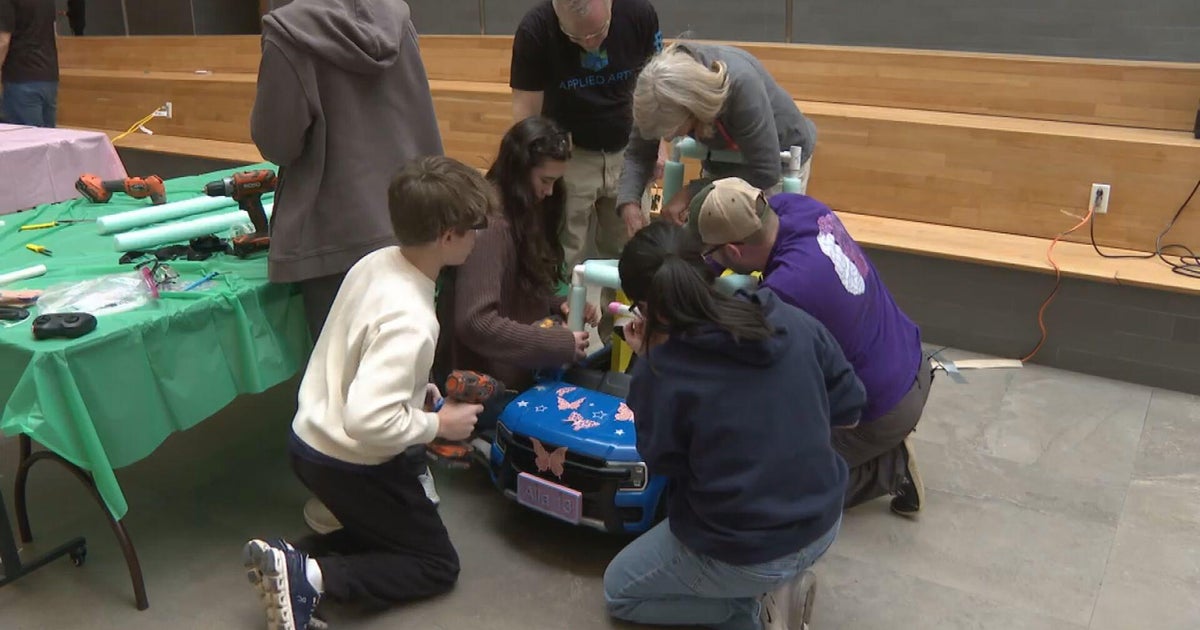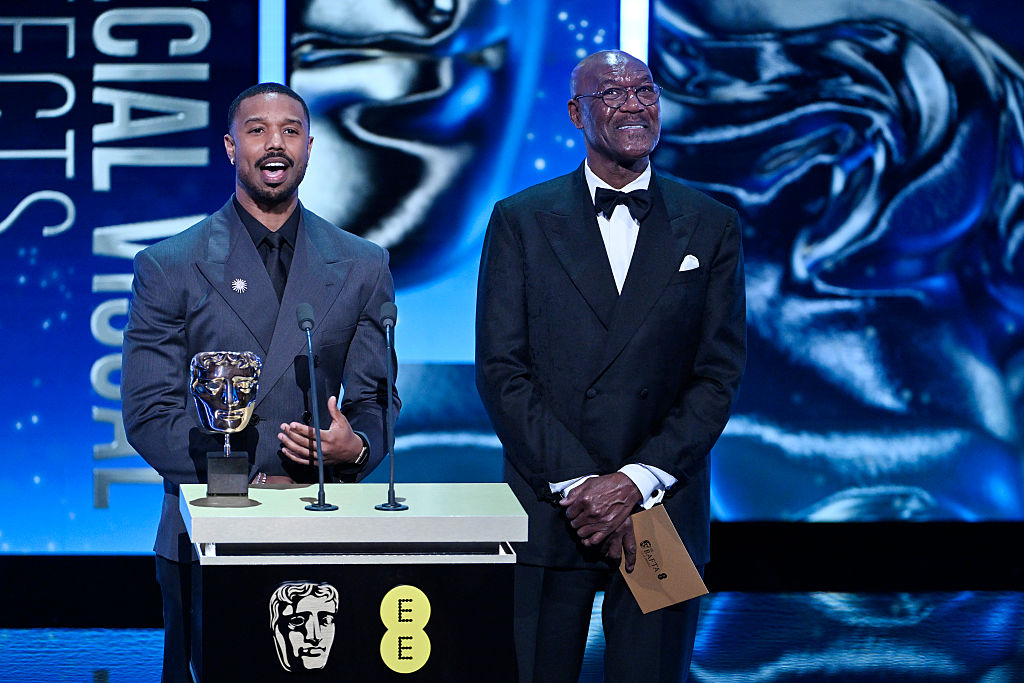Brad Pitt says he has face blindness. So what is prosopagnosia?
Brad Pitt says he believes he has prosopagnosia, a neurological disorder characterized by the inability to recognize faces. The condition, also known as "face blindness," can effect as many as 1 in 50 people, according to Faceblind.org, which researches the disorder.
The 58-year-old actor, who has never been formally diagnosed with the condition, has said in the past that he struggles to remember and recognize faces, and that has made him seem aloof, he told GQ. He said he's ashamed of it and said he wants to meet another person who can relate.
Prosopagnosia affects people in varying ways. Some people can't recognize familiar faces – even their own family members, according to the National Institute of Neurological Disorders and Stroke (NINDS). Others can't distinguish unknown faces. Some can't distinguish how a face is different from an object.
The disorder can be caused by several things – a stroke, traumatic brain injury, or certain neurodegenerative diseases. But it can also be a congenital disorder, present at birth, and it appears to run in families. That means, it is likely to be the result of a genetic mutation or deletion.
Some children with autism can also have some degree of prosopagnosia, according to NINDS.
As for treatment, people with prosopagnosia should work to develop "compensatory strategies" to recognize people. Many people with the condition use other signifiers, like a person's voice, to identify them. However, nothing is as effective as recognizing a face, and the condition can be social crippling, NINDS says.
People who experience the condition after a stroke or brain trauma can also be taught to use other clues to identify people, other than their faces.
Other well known people have also opened up about their experiences with prosopagnosia.
In a 2017 interview with The Carousel, Apple co-founder Steve Wozniak said he has prosopagnosia. "Strange hair, certain clothings, a voice that I can recognize," he said. "A lot of people have this but you never know as it never know unless it shows up as an outstanding thing."
Scientist and conservationist Jane Goodall opened up about having prosopagnosia in her book "Reason for Hope: A Spiritual Journey." Goodall said she used to think "it was due to some mental laziness" that rendered her unable to memorize people's faces.
"I had no trouble with those who had obvious physical characteristics – unusual bone structure, beaky nose, extreme beauty or the opposite. But with other faces I failed, miserably," she said. "Sometimes I knew that people were upset when I did not immediately recognize them – certainly I was. And because I was embarrassed, I kept it to myself."
Goodall said she soon learned a friend and her sister both had similar issues and wrote to a well-known neurologist who gave her information on prosopagnosia. "Even now that I know I need not feel guilty, it is still difficult to know how to cope – I can hardly go 'round telling everyone I meet that I probably won't know them from Adam the next time I see them! Or maybe I should?" she wrote in her book.



